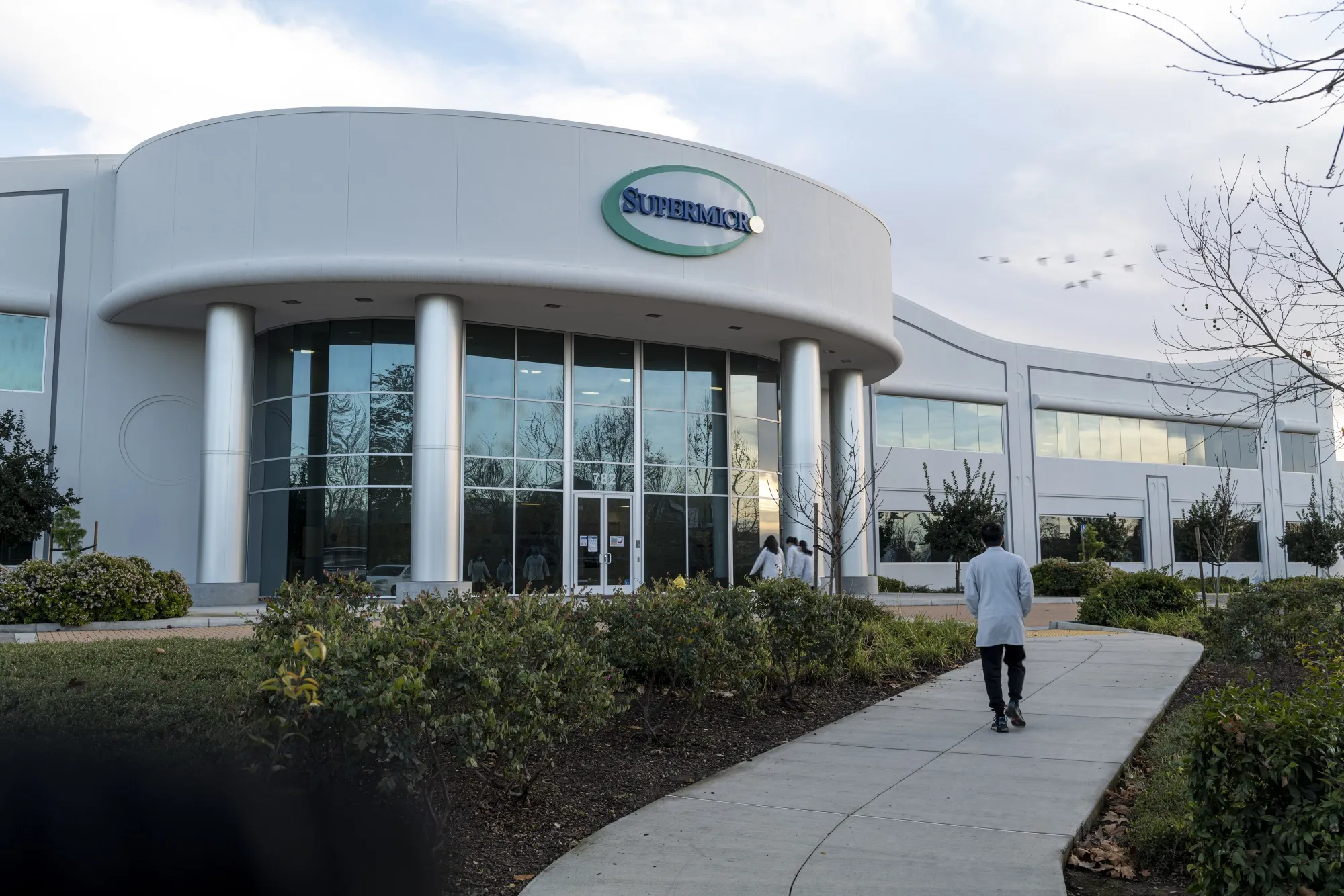In a surprising development (one that could potentially transform) the automotive landscape, Honda and Nissan are reportedly engaging in discussions to collaborate and merge their operations—according to multiple industry sources. The suggested merger, which involves two of Japan’s foremost automobile manufacturers, arises at a critical juncture because both companies are facing extraordinary challenges in the rapidly changing automotive sector. However, this could be a pivotal moment for both entities; although they have historically operated independently, the merging of their resources may yield significant advantages.
Strategic Reasons Behind the Talks
The discussions regarding a merger between Honda and Nissan are perceived as a reaction to mounting pressures from various directions.
Both companies face declining demand from their traditional merchant markets, high costs of production and the increasing competition from electric vehicle producers like Tesla and those just starting to set foot in the field. The automobile landscape is presently changing fast. All the automobile manufacturers must accommodate the changes since global demand is moving steadily towards electric and autonomous vehicles.
The merger would combine resources and shared develop the next-gen electric vehicles, self-driving technologies and alternative powertrains.
However, this collaboration could face challenges because integrating different corporate cultures is often complicated. Although the potential benefits are significant, the path forward may not be straightforward.
This deal would also ultimately provide both companies with the scale and financial fortitude required to contend with colossal competitors such as General Motors and Volkswagen, which have surged well ahead in EV production.
However, the intricacies of such a merger could pose challenges because integrating two large entities is rarely straightforward. Although the potential benefits are significant, the road to consolidation may be fraught with difficulties.
“By merging, Honda and Nissan would become among the leaders in the dawn of new automotive innovation,” said one industry analyst familiar with the talks. “The merged entity could utilize each other’s strengths in manufacturing, supply chain management, and research and development.
The possible merger between Honda and Nissan can be a complex financial deal in nature. Regulatory approvals, interests of shareholders, or redundancies that may lead to the loss of jobs could be some critical areas for both companies to work through. But according to analysts, the long-term positives that come out of a merger like this, especially within the rapidly changing automotive industry, would be worth the process.
The market has responded to the news with a variety of reactions (some positive, others negative); while certain investors view the merger as a strategic move to enhance both companies’ positions within the market and foster improvement, others remain skeptical regarding the potential risks associated with integration.
Following the revelation of the discussions, the stocks of both Honda and Nissan experienced an uptick, suggesting that investors were optimistic about the deal’s ability to generate synergies and unlock value for shareholders.
Challenges to Overcome
However, there are numerous potential issues associated with this merger. The corporate cultures, managerial approaches and business strategies of Honda and Nissan differ significantly, which could lead to complications during the integration phase. Although Nissan has traditionally placed a greater emphasis on global markets, Honda has prioritized innovation in compact vehicles and motorcycles.
The harmonization of these factors will be the key to success
There is also the question of regional market dominance. While Nissan has a more pronounced presence in the US, Honda has a greater presence in Asia. The two companies would have to navigate through the maze of international markets and prevent their merger from diluting their brand identities and losing customer bases.
Looking Ahead: Merger out of Compulsion
Although it has been reported that merger talks between Honda and Nissan have been very secretive, no official agreement has yet been reached, though official statements confirmed discussions were still ongoing.
Sources familiar with the discussions indicate that both companies are dedicated to investigating this strategic avenue as a safeguard for sustained growth in a fiercely competitive global market. The automotive sector stands at a pivotal juncture, with conventional combustion engine cars encountering regulatory challenges while electric vehicles spearhead the industry’s progression.
Within this context, the ongoing merger discussions between Honda and Nissan underscore the imperative for major players in the sector to swiftly adjust and introduce novel solutions.A successful merger could not only help both companies survive but thrive in the evolving automotive landscape.




